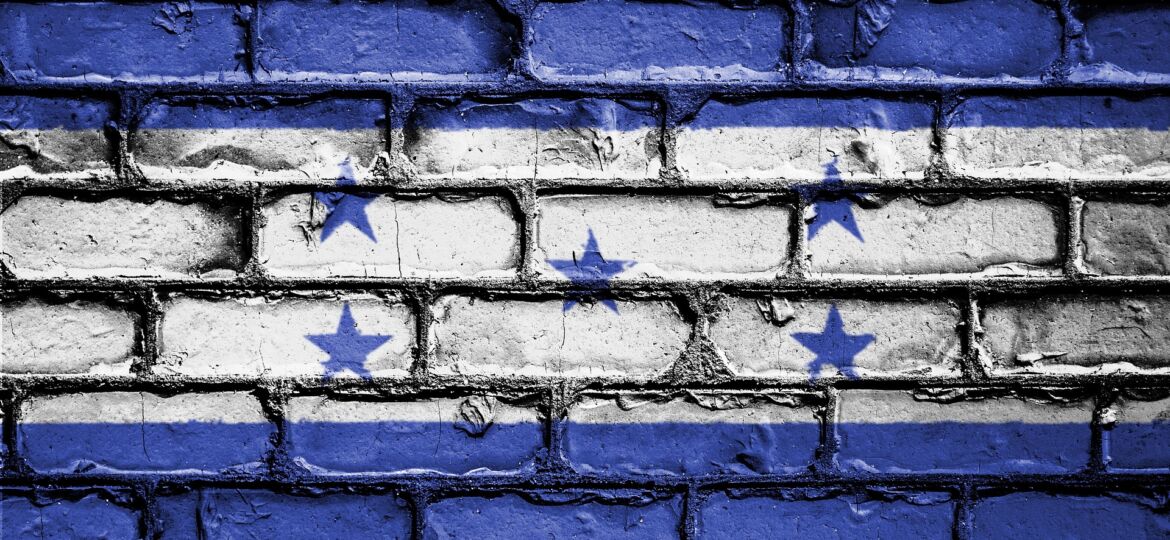
ProtectDefenders.eu’s partners are closely following and monitoring the worrying situation in Honduras regarding the Guapinol River Defenders. Front Line Defenders, the OMCT and FIDH, along with Honduran and international organisations, announced the creation of the « Observatory for the Justice of the Guapinol River Defenders ». This initiative aims to monitor the trial that the eight water defenders of the Guapinol community are facing as of December 1, 2021., to ensure that the defenders will receive an impartial process.
In the context of this trial, ProtectDefenders.eu’s partners are already receiving with deep concern information about the acts of intimidation and threats against the eight Guapinol defenders and their families. In the framework of the trial, the social media campaign of intimidation and threats against them has intensified, especially on Facebook and Twitter. Anonymous accounts stigmatise the work of the Guapinol defenders and misinforms the users of these social networks about the case of criminalization against them. Furthermore, on December 1, 2021, unknown individuals appeared at the “Justicia y Libertad para Guapinol” camp, installed outside the Tocoa Palace of Justice, to take videos and photographs of the families of the eight defenders and the people who accompany and support them.
In 2019, seven environmental defenders – Porfirio Sorto Cedillo, José Abelino Cedillo, Kelvin Alejandro Romero, Arnol Javier Alemán, Ever Alexander Cedillo, Orbin Nahún Hernández and Daniel Márquez – were charged for the crimes of “aggravated arson” and “unjust deprivation of liberty ”, within the framework of the criminalisation process 32 water defenders from the municipality of Tocoa have been subjected to. They have been peacefully protecting the river Guapinol from the open-pit iron oxide mining project in Carlo Escaleras National Park. Human rights defender Jeremías Martínez was arbitrarily detained in December 2018 due to another criminal proceeding for the crimes of “usurpation” and “damages” to the detriment of the same company. The eight defenders of the right to water in the sectors of Guapinol and San Pedro in Tocoa have been detained for over two years, waiting for the trial starting in December 2021.
On November 26, 2020, a resolution of the United Nations Working Group on Arbitrary Detention established that the detention of the eight defenders is arbitrary, and urged the Honduran authorities to take urgent measures to guarantee their immediate release due to the risk to their health they are facing while in detention due to the COVID-19 pandemic. The Working Group as requested the State to carry out a thorough and independent investigation of the circumstances surrounding their arbitrary deprivation of liberty.
To date, the State of Honduras has failed to comply with the resolution of the Working Group. Moreover, on August 26, 2021, when the two-year legal period of pre-trial detention expired, the Trujillo Sentencing Court notified the legal representatives of Porfirio Sorto Cedillo, José Abelino Cedillo, Kelvin Alejandro Romero, Arnol Javier Alemán, Ever Alexander Cedillo, Orbin Nahún Hernández, Daniel Márquez and Jeremías Martínez Díaz, about the decision of the Criminal Chamber of the Supreme Court of Justice to extend the preventive detention of defenders for six additional months.
Ever since the coup d’État in 2009, the plight of the media has worsened steadily in Honduras, which continues to be one of the western hemisphere’s deadliest countries for journalists. Those working for opposition media or community media are often subjected to harassment, intimidation campaigns and death threats, and some are forced to flee abroad. The security forces, especially the military police and army, are responsible for most of the abuses and violence against the media. In this country racked by violence, organised crime and corruption, the impunity rate is among the highest in the region. Journalists are also often the targets of abusive judicial proceedings, and prison sentences for defamation are common, sometimes accompanied by bans on working as a journalist after release.


